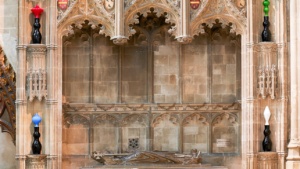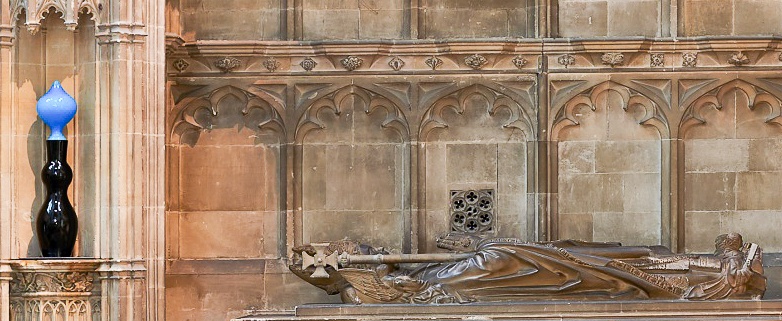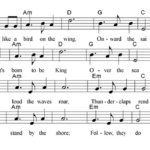Dear Members of Parliament and Peers,
You will be held in prayer by the Diocese of Oxford this week as you continue to debate Britain’s exit from the European Union.
The Archbishop of Canterbury spoke in the House of Lords debate last week about the vital importance of reconciliation in these debates and the protection of the poorest in society The Archbishop of York has written of the care needed preserve trust and confidence in our democratic institutions through a time of significant national jeopardy.
I support fully what both the Archbishops have said. Like them, I voted to remain in the EU in 2016. However, I believe we now need to honour the outcome of the referendum and reunite the country around a fresh vision of our relationship to the European Union.
The United Kingdom, Europe and the world will have their eyes on Westminster as the House of Commons and the House of Lords debate the future direction of our nation and our key relationships in the world.
At this moment I want to urge you, if I may, to beware of four particular temptations and dangers in this debate which have been apparent in recent months for politicians on all sides of the argument.
I spent some time in Canterbury Cathedral a few days ago, the place where Thomas Becket was murdered. We were reminded of T. S. Elliot’s play, Murder in the Cathedral. In his moment of great peril, Becket is visited by four tempters who will later become his four assassins.
There is an exhibition of modern glass in the Cathedral at the moment on the site of the murder which recalls this part of the play. These it seems to me are your four temptations as you approach the debates and votes in the coming weeks.
The first is to allow your course to be shaped by self-interest and personal ambition. The Brexit debate has been marred from the beginning, it seems, by the narrow calculation of those hoping to gain or retain high office. Nothing has undermined trust in our politics more than the unsavoury smell of this ambition which is apparent to all.
The second is to allow yourself to be swayed by narrow party interest and the pursuit (or retention) of power in the short term. The issues at stake are much greater than the rise and fall of particular parties and factions. We need our MP’s and peers to act now in the greater national interest and for national unity.
The third temptation is to nostalgia, a romantic attachment to the past: to imagine that we can reverse one referendum by another; or go back to a time before the Brexit debates when all was well; or go back still further to a different age of independence and imagined glory. We cannot. We must deal with the world as it is, not as we would like it to be and steer our course accordingly.
The fourth temptation is to idealism: in a world of difficult choices and necessary compromise to hold onto an ideal which is no longer tenable (whether of a particular kind of leaving or remaining).
There are huge issues facing our world and our country: climate change; care for the poorest; increasing equality and opportunity for all; our changing relationship with technology; the challenge of social care and health funding. We cannot allow our national attention to be diverted from these issues by prolonging still further a series of adjustments to our relationships with Europe. The nation is looking to its political leaders for a strong and compelling vision of the future which enables us to see beyond these debates in a way which brings unity and common purpose.
At this time of year, Christians tell the world with great joy the story of the birth of Jesus Christ, who came not to be served but to serve, who came to act not in the interests of one nation or party but to all the people of the earth; who came to face the difficult realities of an imperfect world and to offer his life for the salvation of the world.
I hope and pray that you will be able in the midst of these difficult debates to turn aside from these four temptations, to seek meaningful compromise and to act for the common good.
With kind regards and continued prayers,

10 December 2018

Four glass sentinels stand guard close to the site of Thomas Becket’s murder in 1170



